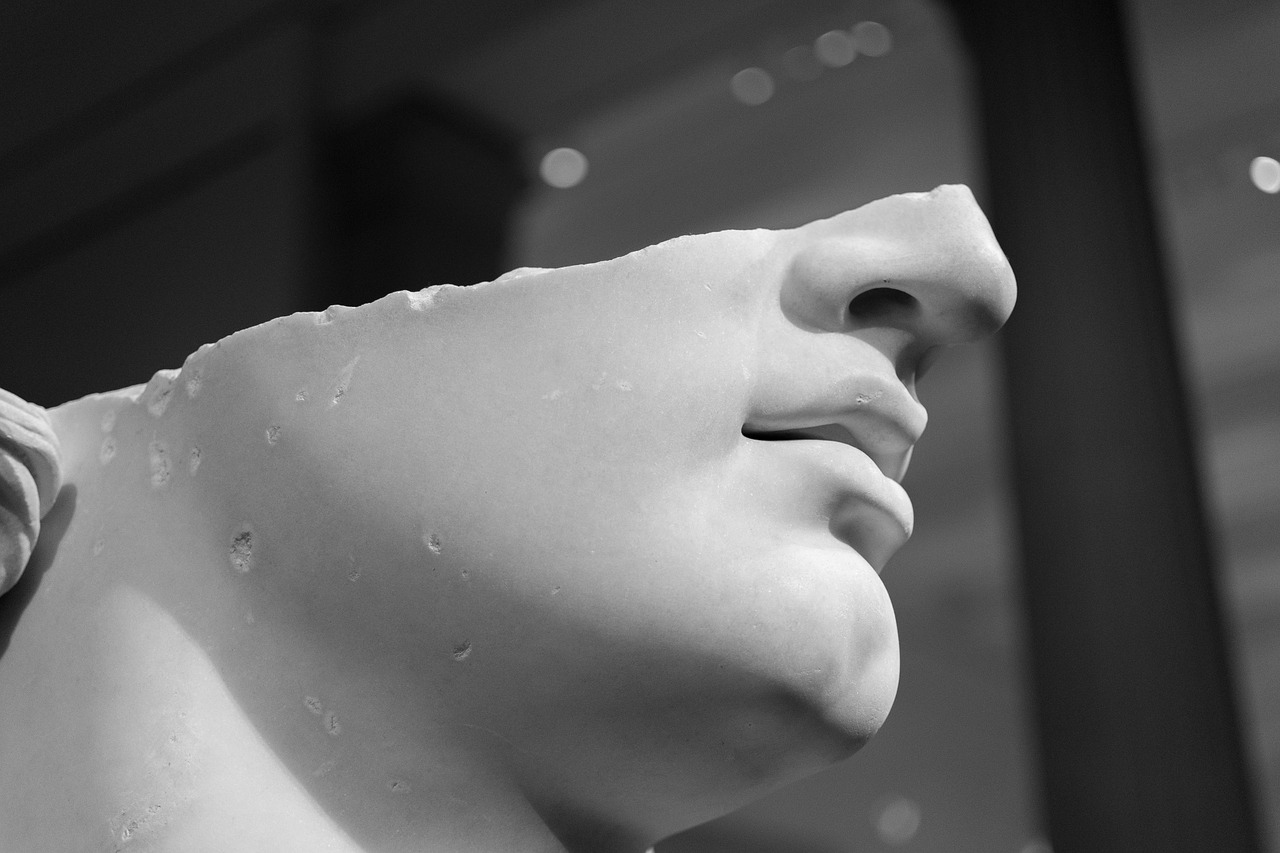No, there is no such thing as universal morality, and it is somewhat surprising that people are still asking this question in the 21st century. Then again, that doesn’t mean that anything goes, a la moral relativism. Of course, much depends on what one means by “universal,” so let’s try to parse things out a bit.
To begin with, if by “universal” we mean that morality is like the laws of physics, or like mathematical theorems, or perhaps like the laws of logic, then forget it. Setting aside interesting discussions on the nature of mathematics and logic and whether even their tenets are truly universal or not, morality isn’t even in the ballpark.
“Morality” comes from the Latin moralis, the word used by Cicero to translate the Greek êthos. The Latin word refers more properly to the habits and customs of a people, while the Greek one is related to the idea of character. So “morality” is concerned with people’s characters and how we interact with each other in society.
Socrates, the Stoics, the Epicureans, the Cynics, and a number of other Greco-Roman schools agreed on one thing: human beings are a particular type of animal, and that particularity lies chiefly in two aspects of what it means to be human: we are highly social, and we are capable of reason.
The first bit means that we are all deeply interdependent on other people. Despite the fashionable nonsense, especially in the United States, about “self-made men” (they are usually men), there actually is no such thing. Without social bonds and support our lives would be, as Thomas Hobbes famously put it, poor, nasty, brutish, and short. The second bit, the one about intelligence, does not mean that we always, or even often, act rationally. Only that we have the capability to do so. Ethics, then, especially (but not only) for the Stoics becomes a matter of “living according to nature,” meaning not to endorse whatever is natural (that’s an elementary logical fallacy), but rather to take seriously the two pillars of human nature: sociality and reason. As Marcus Aurelius put it, “Do what is necessary, and whatever the reason of a social animal naturally requires, and as it requires.” (Meditations, IV.24)
There is something, of course, the ancients did get wrong: they, especially Aristotle, thought that human nature was the result of a teleological process, that everything has a proper function, determined by the very nature of the cosmos. We don’t believe that anymore, not after Copernicus and especially Darwin. But we do know that human beings are indeed a particular product of complex and ongoing evolutionary processes. These processes do not determine a human essence, but they do shape a statistical cluster of characters that define what it means to be human. That cluster, in turn, constrains — without determining — what sort of behaviors are pro-social and lead to human flourishing, and what sort of behaviors don’t. And ethics is the empirically informed philosophical enterprise that attempts to understand and articulate that distinction.

Is there a universal morality?
“…ethics has to do with how to arrive at as harmonious social interactions as it is humanly possible.”thisviewoflife.com
Universe operates on a set of dharma (laws as I view it) and rta (cycles/repetitions as I view it).
For eg. Love/Bonding and Hate/Repulsion is facilitated by Electromagnetic interaction in matter forms and hormones in biological beings. These facilitate divergence/diversity and convergence/unity in diversity, which furthers the evolutionary progress (which is what is mAyA in my view). These are examples of laws/dharma.
Same way birth/creation, growth/movement and death/dissolution are examples of rta/cycles in matter forms and biological beings that help these forms spread across space and evolve further.
Biological beings (those with consciousness/life), even from very primitive beings, adapt around these laws/dharma and cycles/rta of the Universe and evolve. In that process they evolve their own adaptation to dharma/rta and pass it on through the evolutionary chain of mAyA to higher order beings.
Human beings at the top of this consciousness chain have thus evolved their adaptation to dharma/rta, spawning over millions of years (though their current form may be just tens of thousands of years) creating their own social laws as they group together and evolve, like any higher order matter form or being.
But societies themselves are made of diverse forms of consciousness thus needing adaptation of one another to not just natural dharma/rta, but to the societies themselves. Every society is a Universe of its own, thus facilitating different forms of adaptation. These adaptations produce a continuous churn in the societies.
Ethics/Morality is the cream/butter produced out of this churn. They are the 'result' or 'indications' of the churn that's happening below caused due to adaptation to local as well as universal dharma/rta. These adaptations produce a churn which produces the cream. Hence ethics/morality keeps changing faster than the adaptation to local/universal dharma/rta itself. Hence they are neither the Universal dharma/rta nor the local dharma/rta.
What's ethical/moral few decades back will not be ethical/moral now and vice-versa also. Few decades back it's largely ethical/moral to police a woman for the way she dresses. Now it's largely no longer so. It was ethical/moral to look at woman primarily as a 'mother' few decades back. Now the ethics/morality tends to more look at her as another human being and not put extra social pressures. There are millions of examples like this.
Not that society has changed that much in between. But the churn that different people produce due to their local adaptation has changed the way ethics/moral is defined.
We often mistake this cream/butter ethics/morality as the underlying dharma/rta or their adaptation itself.
This is my understanding, as of now.
